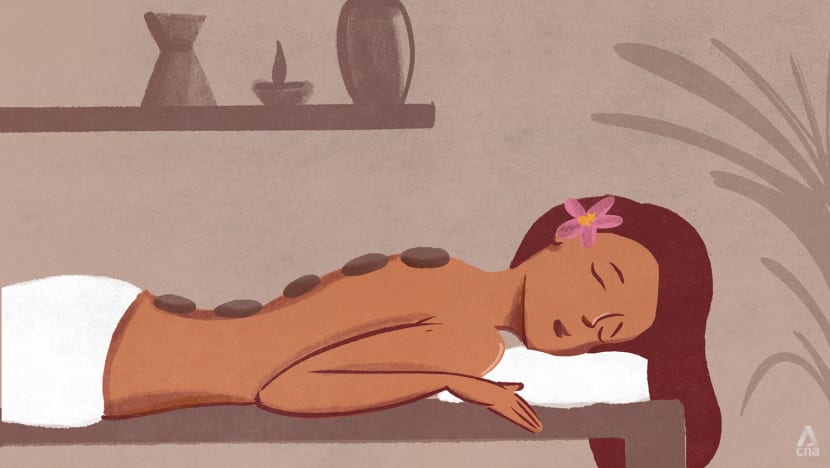
As two former Colorado secretaries of state, we have studied the evolution of elections and voting laws with keen eyes through the years. We witnessed the first absentee ballots, the creation of vote centers, the implementation of vote by mail, registration reforms, and reforms allowing unaffiliated voters to participate in partisan primaries since 2018, among other improvements to Colorado’s election model. And while the merits of each of those changes are now undeniable, we know Colorado can still do better.
That’s why we believe it’s time to pass Proposition 131. Proposition 131 will further advance Colorado’s state and federal legislative election process by establishing nonpartisan open primaries where all candidates are listed on one ballot and the four candidates that receive the most votes, regardless of political party, advance to a ranked-choice November General Election. That’s a meaningful step toward a more democratic process that empowers Colorado voters with a stronger voice in choosing their elected officials since primaries will no longer serve as the decisive election in the state’s many party-dominant districts and the impacts of “spoiler” candidates on the extreme fringes of either party will be minimized.
That translates to less polarized, more effective governance that better reflects the will of the people. In a state — and a nation — where essentially half of all registered voters are unaffiliated with any political party, the time for open primaries and ranked voting has come. As it now stands, party insiders and special interests have gained control of our politics because election rules allow them to all but hand-pick party nominees, leaving a majority of Colorado voters on the sidelines.
Colorado’s most recent primary elections saw just 26% of eligible voters cast a ballot to determine the candidates in the November election, many of them running unopposed. As a result, a given political party’s preferred candidate is often elected to office by what amounts to only a small percentage of the voting population. The proposed reforms will not only open the entire election process to more voters, but they will also open it to more candidates, thereby expanding voter choices and diminishing the power of political insiders to decide who gets elected on behalf of the people.
Defenders — and benefactors — of the status quo are desperately trying to paint these reforms as too confusing or too difficult to implement. Those are the same arguments that were used to oppose the switch to all-mail ballots, same-day voter registration, and allowing independent voters to vote in primaries. They weren’t true then, and they’re not true now.
(In fact, we have tremendous faith in Colorado voters and our excellent election clerks to rise to the occasion once again.) We take pride in election processes that have earned Colorado recognition as a leader in election processes nationwide. Prop 131 changes none of those things.
It merely improves our voting system so that voters have more choices and candidates respond to a broader group of voters. Four states currently have open primaries and nearly 60 jurisdictions across the country have enacted ranked voting, a reform that is regarded as one of the best strategies available to lower the temperature in politics. Winners are the candidates who can build both deep and broad support through civility, outreach to voters, and issues-focused campaigns.
But the ultimate winners are Colorado voters, who gain more choice and more voice in their elections through Proposition 131. Please join us in voting “yes” on 131 in this election..










